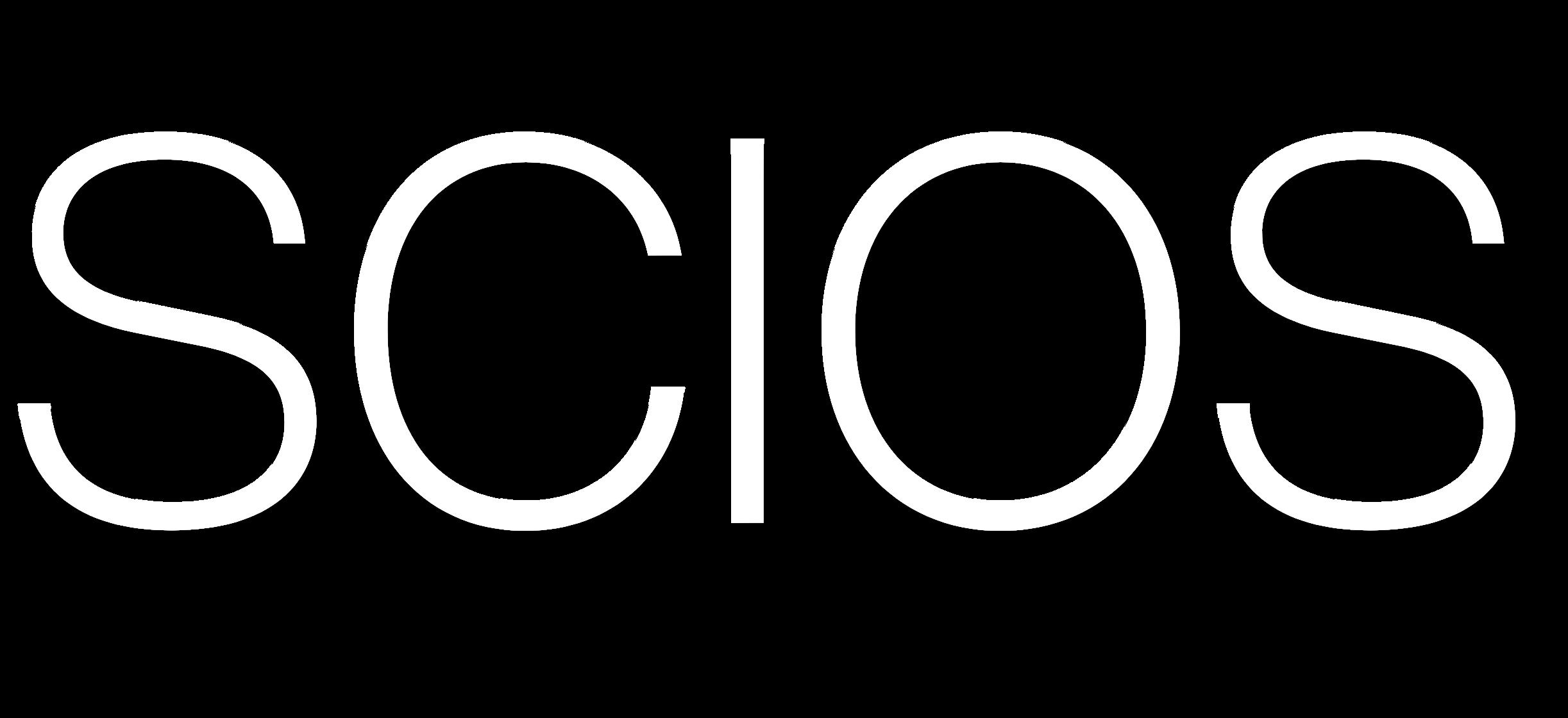
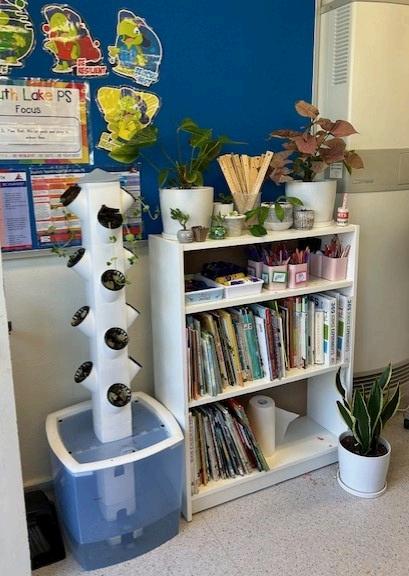
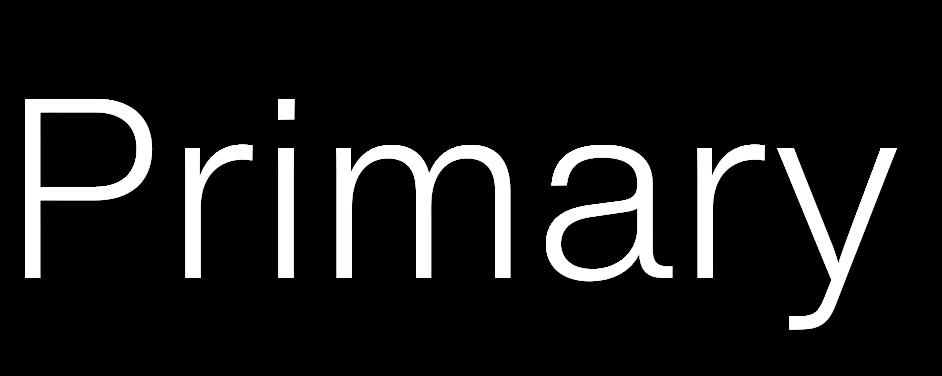
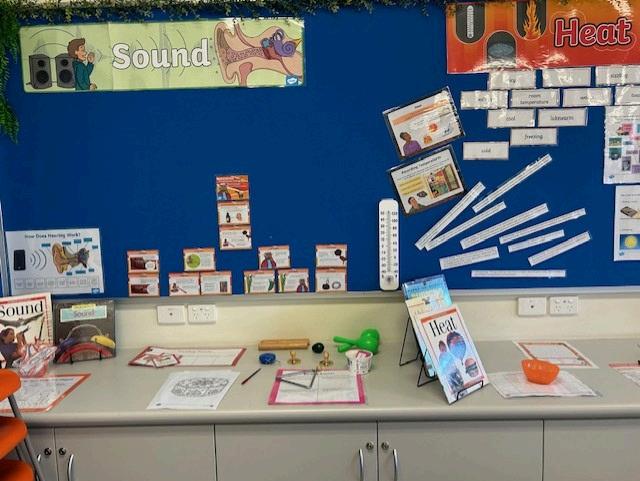
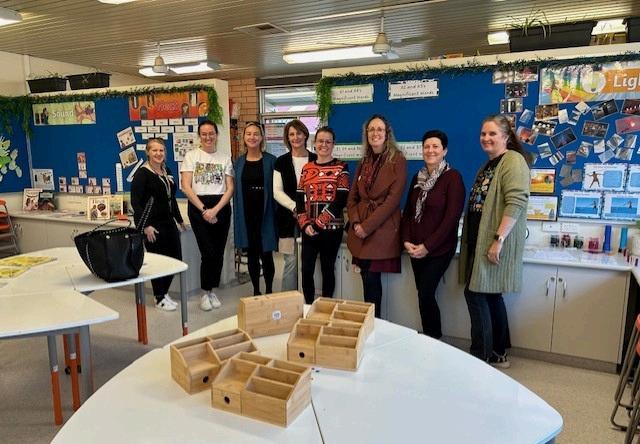


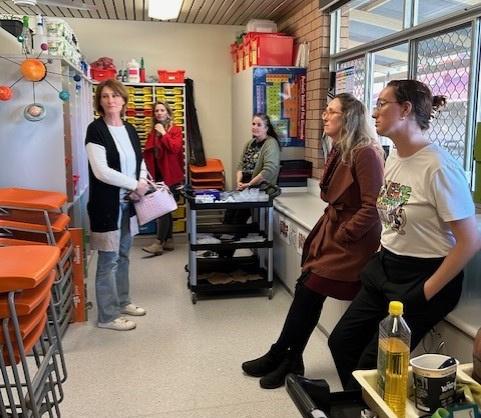
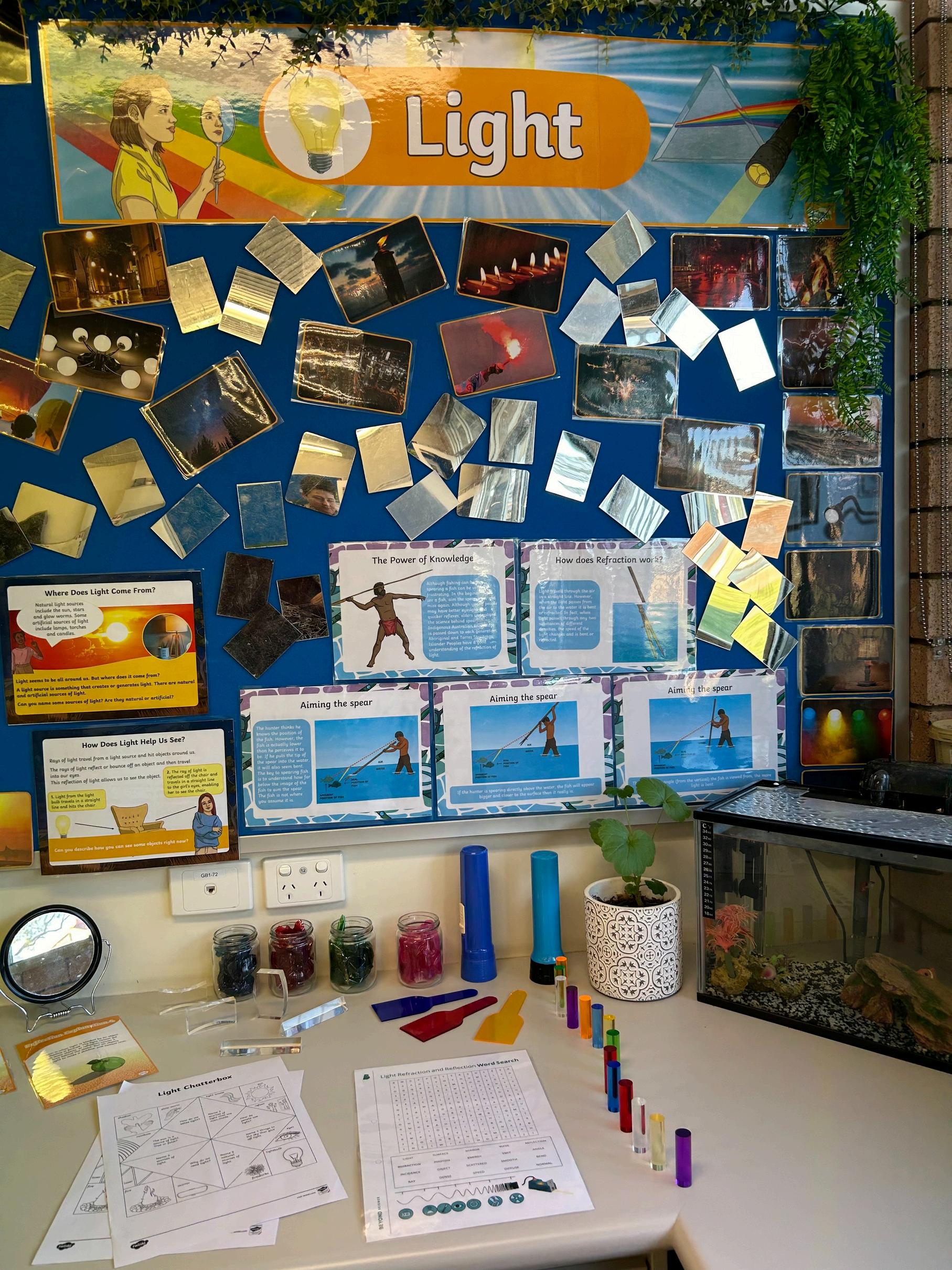












Thisjournalaimstopromotetheteachingof sciencewithafocusonclassroompractice It providesameansofcommunicationbetween teachers,consultantsandotherscience educators Opinionsexpressedinthis publicationarethoseofthevariousauthors anddonotnecessarilyrepresentthoseofthe ScienceTeachers’AssociationofWestern Australia(STAWA),theeditorialcommittee,or thepublisher
STAWAOffice Unit1/7GympieWay, Willetton,WA6155
CONTACT
Phone:(08)92441987
Email:admin@stawanet Web:wwwstawanet
EditorialCommittee
Allan Knight
John Clarke - STAWA
Lyndon Smith
Mady Colquhoun
EditorialCorrespondence admin@stawanet
GraphicDesigner
Pamela Getalado
Marketing & Communications Coordinator Contact email: admin@stawanet
AdvertisinginSCIOS
If you would like to advertise in SCIOS, please follow the link here to express your interest and submit your deliverables
©2024TheScienceTeachers’Association ofWesternAustralia(STAWA) Allrights reserved Nopartofthispublicationmaybe reproducedorcopiedinanyformorbyany meanswithoutthewrittenpermissionof STAWA Unsolicitedmaterialiswelcomedby theEditorbutnoresponsibilityistakenfor thereturnofcopyorphotographsunless specialarrangementsaremade
ISSN0157-6488

AbouttheEditor
MadyColquhounistheChairoftheSTAWAPrimaryScienceCommittee,the CONSTAWAConvenor,SCIOSPrimaryEditorandamemberoftheSTAWA Board ShewaspreviouslyaPrimaryScienceSpecialistforover10years Currently,throughSTAWA,Madynowsupportsteachersofprimaryscience
Welcome to SCIOS Primary - please grab a coffee and take a few minutes to check out this issue
I hope that Science Week was rewarding and fun – even if it was incredibly busy! If you would like to share some photos or ideas from your Science Week activities in the next issue of SCIOS Primary, please get in touch by emailing us at primarysciencecommittee@stawa net
Did you get to CONASTA in Melbourne? Yasmin did Read her review of this annual national science education event I will take a moment to remind you that CONASTA 72, 2025, will be held in Perth so we hope to see a large contingent of WA primary science teachers attending The call for presentations will be out soon, so start thinking about what you might like to share!
We have 2 ‘practical’ approaches you might consider in your science teaching – a simple way to ensure safety is covered and a look at how daily reviews might be approached We continue Talk Like a Scientist with a look at the meanings of some science terms
We invite you to our Open Labs (including our first one in Mandurah), Coffee Catch-Ups and of course our upcoming AGM! If you have not attended the STAWA AGM before please consider joining in There will be an online option if you can’t attend in person
(SCIOS - Primary Editor)
Many thanks to Robyn Matthews (South Lake Primary School) for sharing her science laboratory, ideas and resources in an Open Lab afternoon
Teachers appreciated the opportunity to pop in and chat in an informal but very worthwhile afternoon
Thanks Robyn!
YASMIN KARIM-BELL
Science Teacher
Greenfields Primary School - Mandurah, WA
It was a great experience attending the CONASTA71 science education conference in Melbourne this year These conferences rejuvenate the spirit and renew our passion for teaching It is a great opportunity to network with Science Teachers from all over the country and for me - developed an appreciation not only for what I have in my own school but how lucky we are to be in WA

The keynote speakers gave one an insight into what is happening globally and in some cases give us encouragement that we are doing quite well in Australian schools New studies and data also informed us of the need to improve our teaching and learning, with one presenter saying that inquiry skills and explicit teaching are not the only ways to tackle improvement in our students’ learning
This conference gave me numerous ideas that I couldn’t wait to try out and in many instances gave me ideas to change some of the ways I do things There was a big emphasis explaining that if we want to improve our student outcomes, we need more of a focus on inquiry skills and hands-on activities
One of the sessions I attended was focused on the fact that our students love gaming and how it is very much a part of their lives, so why not use it to educate? A point of view to which I seldom gave much thought!
We downloaded and tried some games by Arludo It was suggested that these could be used as motivation or as culmination of a teaching unit The apps we tried were ‘Inglorious Baskers’ and ‘Xenon Crowe’ - both great apps for developing knowledge about reptile survival
The sessions I enjoyed the most were those led by other classroom teachers who have their finger on the pulse and speak from direct and recent experience I also enjoyed the sessions on Inquiry Skills Assessment We were shown concrete examples and ideas we could try immediately in the classroom
The expo of resources by different providers was also great We were able to explore the latest materials and there were many incentives and some merchandise to take back as prizes for our students
The two negatives for me were that the conference was held in two different locations across a main road and if you know Melbourne, their weather hindered the smooth crossover Having to constantly walk from one location to the other and be on time for workshops was a challenge The other one was that I felt far too many workshop sessions were run by providers of online programmes or units So of course, their main intention was to promote their product
It is such wonderful news that next year CONASTA 72 will be in Perth I wouldn’t miss this opportunity for the world Hope to see you all there, so we can network further and inspire each other, re-igniting our passion
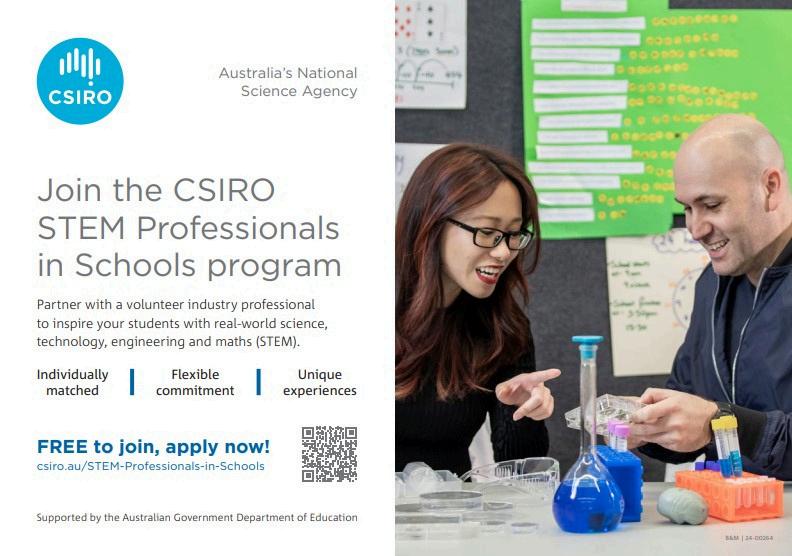
Compiled by Mady Colquhoun (Chair, STAWA Primary Science Committee)
You may have been asked to include a daily review in your science class but are unsure how to find the best way to add another thing to your already busy classes
The following will present some ideas to assist you These are ideas combined from practicing teachers and a general internet search There are many other ways to do a daily review – hopefully these ideas will help you to get started!
PURPOSEOFADAILYREVIEW
A daily review is about retrieving previous - usually recent - learning
As a science specialist this can be a bit tricky as you likely only see your students weekly, and it does not take long for information to be leaked out of or lost in students’ busy brains
It is not about ‘catching up’ for absent students (though you can certainly take note of any catch up teaching required) Nor is it a time for teaching new concepts
You students will have been exposed to the relevant science and they will need prompting to retrieve it to enable connection with the proposed new learning A daily review is usually a simple, time effective task to retrieve and consolidate the science
A daily review can cover basic concepts or perhaps promote application or higher order thinking – your choice!
HEREARESOMEPRACTICALIDEASABOUTHOWTODOADAILYREVIEW
General vocabulary review - verbal or written
Visual prompts to get students talking about the relevant science (eg photos, equipment)
Target a specific concept by providing phrases or terms to use in a sentence
Write a short paragraph on
Tell me 3 sentences about
Mini power-point with vocab or concepts (emphasis on mini!)
Ask differentiated questions for small groups to discuss for 3 minutes
Think-pair-share opportunities
It can be hi-tech or low-tech: the idea is to engage students in remembering
Give a verbal summary of
Brain dumping – share with someone everything you remember about in 2 minutes
Tell you neighbour 2 things about
Quick quizzes
Show the equipment used previously to refresh memories
Imagine you are telling your Mum/brother/principal about
Mixupyourdailyreviewapproaches Youmayneedtoteachsomeoftheprocessinitiallybutoncestudentsarefamiliar withthedifferentapproachesyouareusingthentheywillbereadilyabletoengagewithyourdailyreviewinjustafew minutes
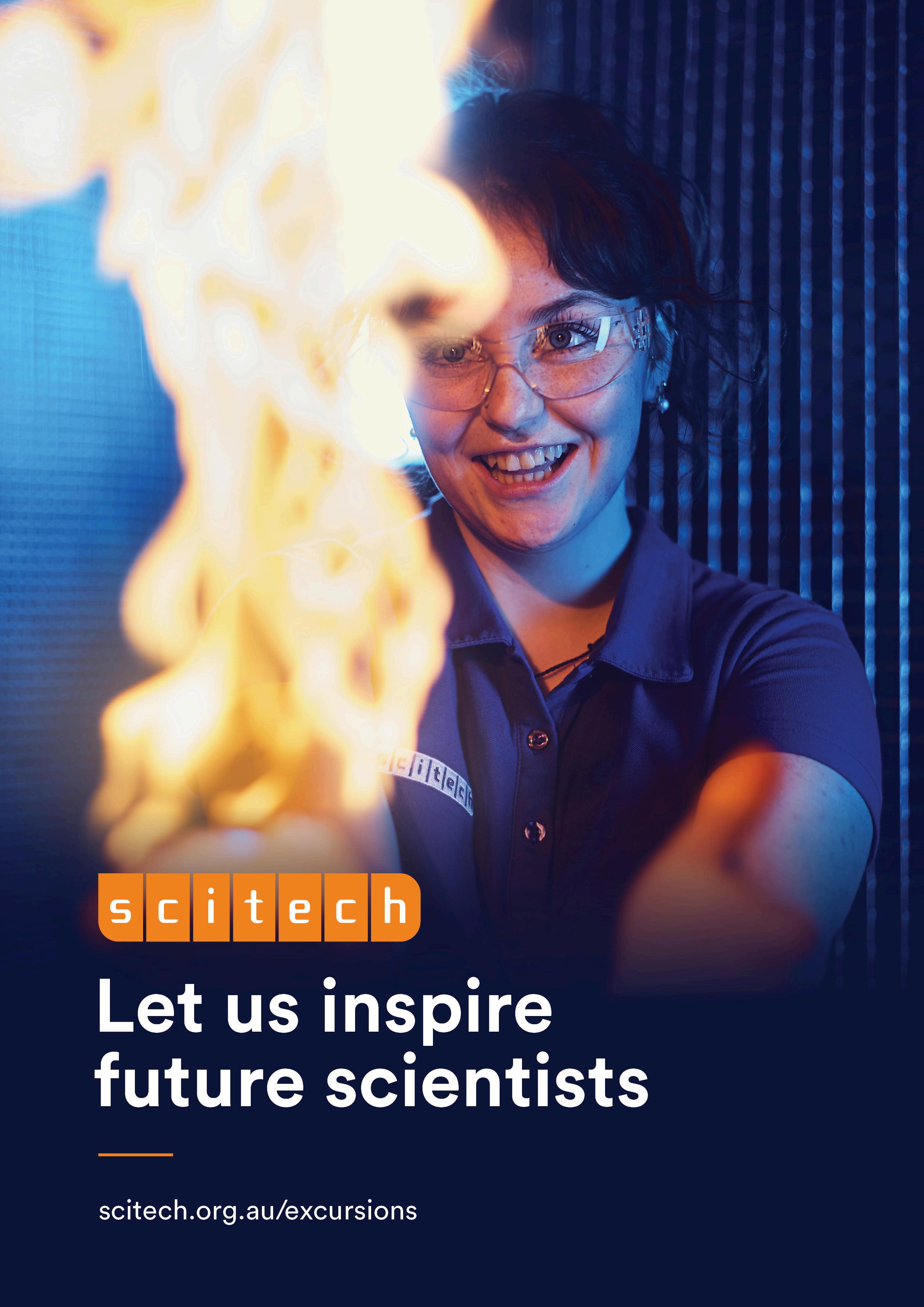
Mady Colquhoun Chair - STAWA Primary Science Committee
Are you looking for a simple way to ensure your students are safe when doing practical activities?
Do you need to teach your students how to recognise safety issues when planning their investigations?
Would you like an effective way to assess students’ understanding of safety in science?
Do you need to keep records of safety planning in your program?
Here is an easy but effective process to identify potential safety issues for all hands-on activities and investigations
Use it to identify potential safety issues and plan for a safe practical session
Add any websites or link other documents you used to assess safety
Share with students to allow them to contribute to the planning process
Allow groups of students to do their own safety planning
Review immediately after the activity to record any issues encountered or any changes required for next time.
Allow students to review their own safety planning
Keep a record of all activities to show you are approaching safety with a methodical process

For actual examples on the STAWA website using this template - please click here








Analyse
Explain
Evaluate
Justify
Reason
Sometimes we see different but similar terms being used interchangeably or even incorrectly.
Continuing our guide to help you sort out some of the commonly used terminology in primary schools.
Look for patterns or trends in data Usually, the data will be presented in a table or a graph
Relates the changed (independent) variable and the measured (dependent) variable Makes the relationships between these variables evident
For example: When is increased then decreases This is because
Examines the acceptability of relationships or patterns between observations or data
For example:
Is it reasonable or plausible or perhaps not even possible (according to the student’s current science understanding)?
Supports an explanation, argument or conclusion, by giving reasons for the statements or comments These may or may not be scientific reasons and also may not be fully accurate depending on the student’s own understanding
An explanation or justification for an action or event A reason should be related to the level of scientific theory the student understands and therefore may not be fully accurate
Replicable
Pattern
States
Trend
Trials
Being able to use the same method and equipment in order to validate and produce similar findings
For example:
All groups using the same equipment and procedure to collect data to pool into a class data set when it is not possible for each group to collect multiple sets of data
A repeated occurrence or sequence in collected or observed data
For example:
A graph that repeats the same pattern every 24 hours
Expresses the main points of an idea or topic with no supporting evidence or theory
The general direction in which something is changing
For example:
A graph may continually ‘increase’ as the data goes from left to right meaning that the temperature is going up the longer heat is applied
Repeating the same investigative procedure more than once to collect sufficient data
If the procedure is non-destructive and short to complete, then trials may be done one after the other e g measuring the distance a car rolls from a ramp of a certain angle
If the procedure is destructive or takes a long time such as growing plants with different fertilisers and measuring their heights or harvesting them, then trials will be run at the same time
See above regarding class data sets for replicates
Adapted from Talk Like a Scientist supporting document for START (STAWA) by Mady Colquhoun (Chair, STAWA Primary Committee)
Pamela Getalado Marketing & Communications Coordinator
The recent STEMXX SISTERS event has been featured in the Bunbury Herald on Tuesday, 20th of August 2024 We would like to congratulate Annabel Kanakis for the organisation and success of this event where it encourages school-aged, future STEMinists in the Southwest Region of WA to pursue a career in the STEM Area
STEMXX Sisters is an annual event held in Southwest WA and it is open for female students in Years 5-9 who are looking to get an insight of what it is like to pursue a career in a wide range of STEM careers from engineering, neuroscience, and many more
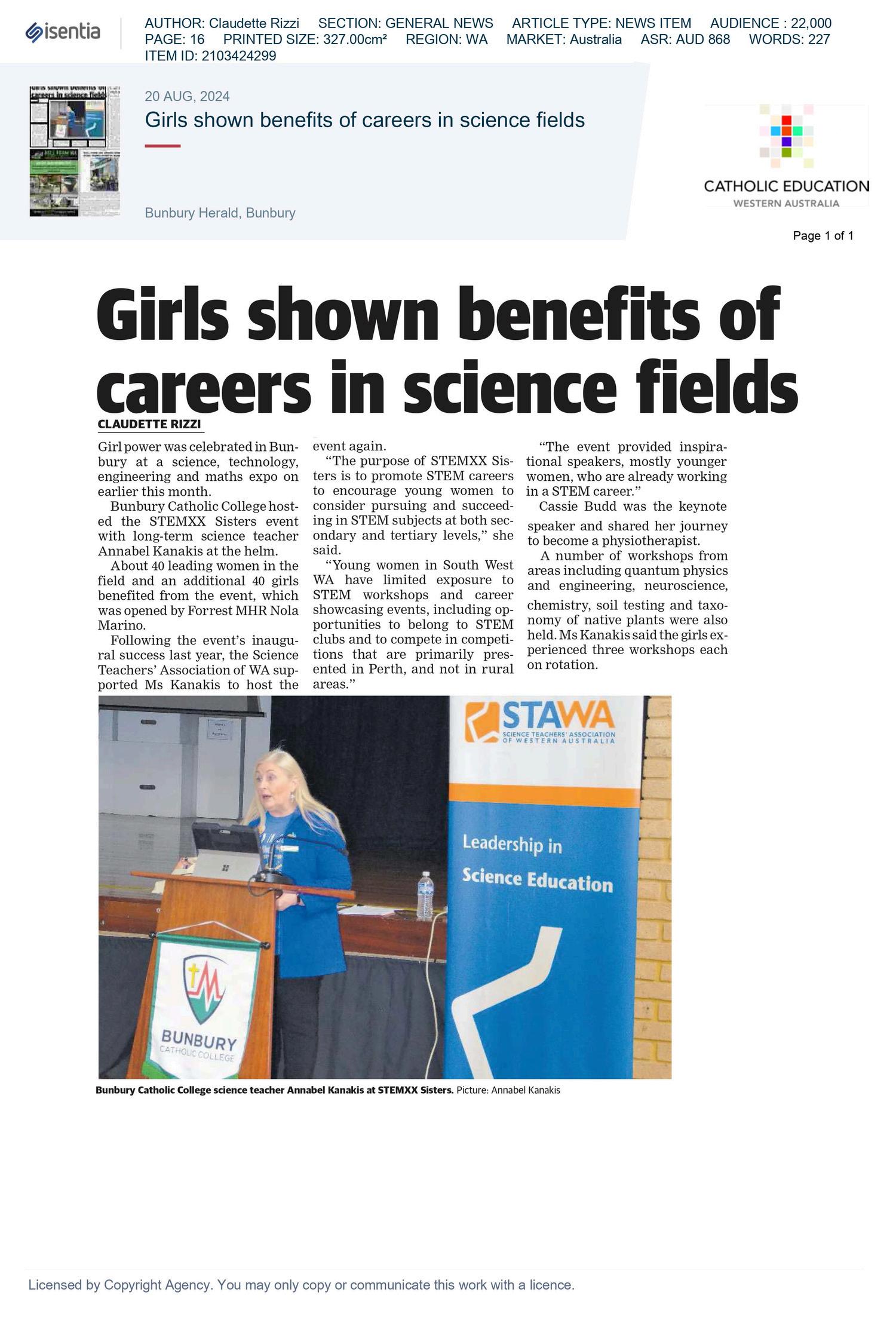
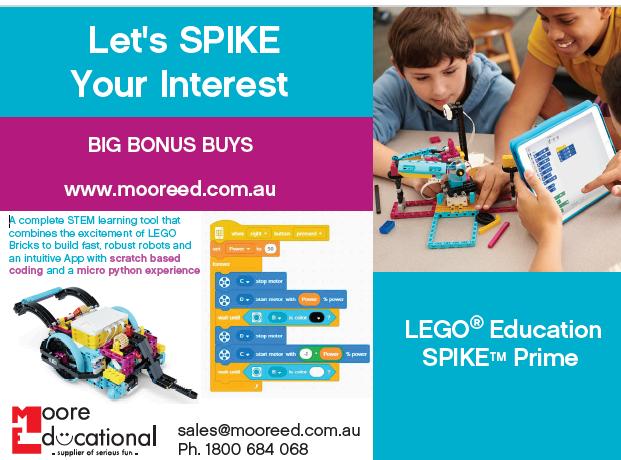


Programs delivered to over 38,000 students and 350+ schools in Australia
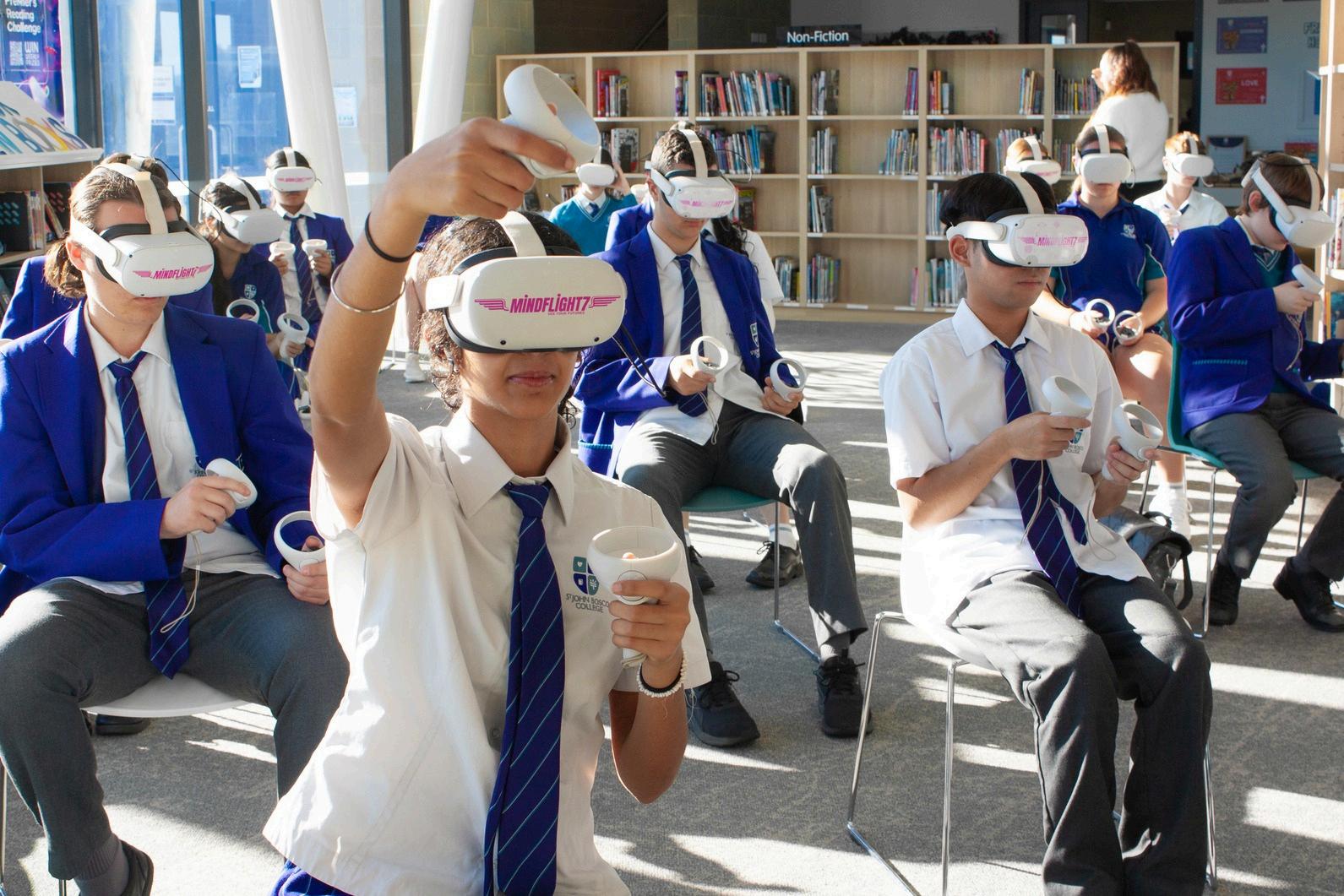
Mindflight7 brings the future of education to your classroom. Our cutting-edge virtual reality apps are designed to make science engaging, interactive, and fun for students of all ages. Experience lessons like never before with our science-based virtual reality incursions, from space exploration to learning about biodiversity and climate change.
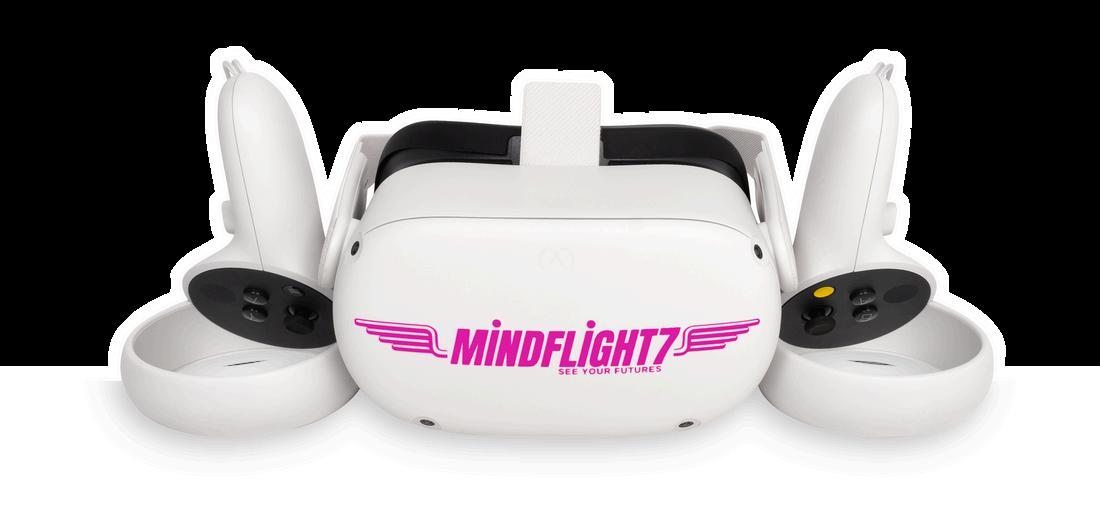





Immersive VR incursions tailored for primary and high school students
Aligned with the national science curriculum
Proven to increase student engagement and understanding
Ready to revolutionize your science lessons? Visit our website to learn more!

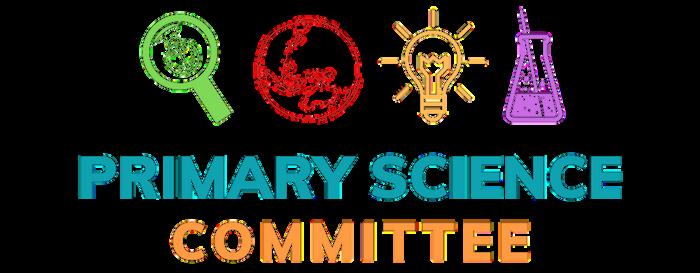

The STAWA Primary Science Committee is excited to announce two (2) Open Lab events happening on Thursday, 5 September at the following locations:
Riva Primary School
3:30 pm - 5:00 pm
Lakelands Primary School from 3:30 pm onwards
The Open Lab Afternoon events are a great opportunity for Primary Science specialists to see how others operate either in their purpose built laboratory or a re-purposed room Of course, it is a great opportunity to network too!
You are welcome to drop in anytime between the hours listed above.
Please note: no afternoon tea is provided, and all attendees are reminded that no food or drinks are allowed to be consumed in science laboratories.
Would you like to offer your lab to be part of this program? Let us know by sending an email to primarysciencecommittee@stawa net


Date & Time: Wednesday, 4 September from 3:00 pm
Location: The Last Local, Canning Vale
All Primary Science Teachers, from the very new to the most experienced, are invited to come along to this event.
Meet the STAWA Primary Science Committee as well as other Primary Science teachers based in Perth South Metro.
Let us know how we can help you.

Website: https://scienceiq net
Developed by the Science Teachers’ Association of Western Australia (STAWA), ScienceIQ is proudly supported by the Royal Society of Western Australia (RSWA)
ScienceIQ is an online science quiz for school teams of four students
Teams have one hour to complete up to 12 science questions and problems in two separate rounds of competition Each round is a week apart and teachers choose the days and time to do each quiz To win, students will need to finish in the shortest time with the most questions correct.
Participation certificates, first, second and third place prizes, and other great stuff.
Year 8 and a joint Years 5 & 6 competition
Rd 1 week of 4 Nov
Rd 2 week of 11 Nov
Register via the STAWA website.
Log-in details and instructions to access the practice quiz will be sent to the teachers of the registered schools prior to the competition date

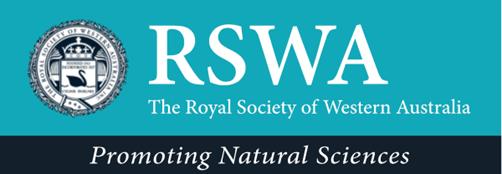

Thursday, 3 October 2024
Keep tabs on the progress of the AGM via the STAWA website.
Nomination and proxy forms are available now
Full details - including the agenda, location, and reports will be revealed as they become available.


Here are just some of the benefits and opportunities for STAWA Members Please check our website for details, and to find out what else STAWA does - PLUS what STAWA can offer you! (www stawa net)
A range of resources for both Primary and Secondary teachers is available on the website Look for the Resources Tab There are resources available to members and non-members. Members can also share resources through the STAWA website. You can download resources directly from the website or request to upload resources by contacting the Office (admin@stawa.net).
Catalist is an email communications list which reaches over 800 Science Educators and is used to share information, ask questions, and discuss current issues To subscribe to Catalist, look under the Teachers Tab on the website
Full fee-paying members enjoy the benefits of affiliated membership to the national association This includes access to ASTA’s online journal, Teaching Science, and the Chrysalis online learning community
STAWA Members receive:
SCIOS (STAWA online journal)
STAWA SPARKs! (Primary Science Committee online publication)
Teaching Science (ASTA journal),
Spotlight on STAWA (e-newsletter)
Information about Science activities for students and teachers
Professional Development & Conference programs
Members receive discounts for STAWA Professional Development Workshops, a range of services and attractions, STAWA texts and resources, plus attendance at STAWA Conferences and events, including:
CONSTAWA (WA Science Educators Conference)
Future Science (WA Science Educators Conference)
Psychology Teachers Convention
Marine and Maritime Teachers Convention
CONASTA (Australian Science Educators Conference, ASTA)
PROFESSIONAL RECOGNITION
STAWA recognition of teacher achievement and service through annual awards –de Laeter Medal
Jeff Cahill Early Career Teacher Award
Support for primary Science teachers is given through the STAWA Early Career Primary Science Scholarship
OPPORTUNITIES
Teaching employment opportunities, curriculum review and development, government policy input, science equipment advice and professional development. An independent voice through STAWA’s representatives on many education bodies and committees.
WELCOME PACK
New members receive a Welcome Pack containing a Members USB, Pen, and Notepad
STAWA LIFE MEMBERSHIP
Each nomination for STAWA Life Membership is considered on its individual merits Nominations, accompanied by relevant supportive evidence, must be submitted to the President of STAWA Life Membership, if awarded, is bestowed at the AGM Please refer to the specific details on the STAWA website
STUDENT OPPORTUNITIES
Science Talent Search
Physics Day
Synergy Schools Solar Challenge
MEMBERSHIP QUERIES
If you have any queries with regards to your membership, please email us at admin@stawa net

YES, of course you can Contributions from teachers, laboratory technicians, students, academics and industry are all welcome
We are keen to increase the number and variety of types of articles published in the SCIOS So, if the answer is YES to any of the following questions, please consider submitting an article to the editor
Have you recently conducted an experiment (investigation or hands-on activity) that worked well?
Is there a great demonstration that always gets your students’ attention?
Have you tried a new teaching technique that really engaged your students?
Do you have some helpful hints for new (and not-so-new) teachers?
Are there some safety hints and tips that you would like to pass on?
Are you using some new technology that has improved the effectiveness of your students’ learning?
Are your students involved in a science project outside of school?
Have you recently attended a useful/interesting professional development activity?
Email your contributions to admin@stawa.net.
These notes are a brief guide to contributors who should also refer to recent issues of the journal for guidance with style
Longer articles - should not normally exceed 3000 words plus figures, tables and any references Please use headings and sub-headings to give your article structure
Shorter articles - We also welcome shorter articles of approximately 500-1000 words plus figures, tables and any references Again, use of headings and subheadings may assist to give your article structure
Send the following to the editor:
1
Please send your document as a word file with photographs and other images embedded where you need them to be
2
3.
Photographs and other images (e g diagrams) should be sent as separate files
Photographs often increase the clarity and interest level of your work Send your photographs as tiff or highest quality jpeg files with a resolution of at least 300 dot per inch (dpi) Note to teachers: a signed parent permission slip must be obtained for any photographs of students to be included in SCIOS.
4.
Copyright for any part of your contribution that is copyright of a third party needs to be obtained in writing (email acceptable)
No other publisher should have published your manuscript, nor should you submit for publication elsewhere If SCIOS publishes your manuscript then your text and graphics will become copyright of STAWA STAWA will, however, agree to your use of the contents of your paper for most reasonable non-commercial purposes
Contact admin@stawa net to submit your articles